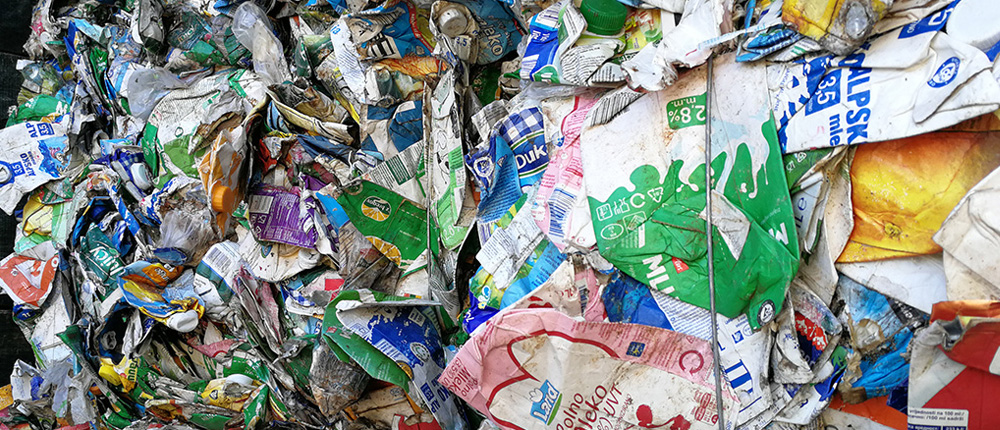Completed Projects
Potential Assessment of Floating Solar PV (FSPV) in India
September 19, 2018 to
April 1, 2019
The project has conducted potential assessment of Floating Solar PV (FSPV) in India, as part of ETC programme. A report has been prepared under the project.
Floating Solar Photovoltaic (FSPV): A Third Pillar to Solar PV Sector?
The report has found that India's reservoirs have 18,000 sq km of area that have the potential to generate 280 GW of electricity through floating solar photovoltaic (PV) plants
Report Authors: Mohit Acharya, Sarvesh Devraj, Dr. Ashvini Kumar
Training program: Future Perspective in Environmental Bio Technologies
July 25, 2018 to
March 31, 2019
| Environment
This training programme was organised as part of CPCB training program for the official of Central and State Pollution Board. The training program was designed with the objective to develop the understanding on the application of molecular biology and biotechnology to solve environmental problems. Additionally, the training program also supported the participants to develop professional networks which would help them to develop future plans to address environmental pollution problems with sustainable application of biotechnology.
Used Beverage Carton management study for India
November 22, 2018 to
March 21, 2019
| Waste
In India, Tetra Pak was among the first carton packaging companies started in the year 1987. The main focus of Tetra Pak is to provide safe food which is accessible and sustainable in nature to benefit lives of many.
Exploring factors that enhance and restrict women's empowerment through electrification
May 2, 2015 to
January 31, 2019
| Energy Access
This project will examine the gender dimension of emerging electricity systems in East Africa and South Asia and their social effects. Through empirical investigation we will compare centralised (grid) and decentralised systems and also study how such systems work in parallel and/or complement each other. The overall objective is to account for the factors that enhance and restrict women's opportunities and empowerment through electrification.
HI-AWARE
January 1, 2014 to
December 31, 2018
| Climate Change
HI-AWARE, one of the four consortia of the Collaborative Adaptation Research Initiative in Africa and Asia (CARIAA), is conducting high calibre research and pilot activities, capacity building and policy engagement on climate resilience and adaptation in the mountains and flood plains of the Indus, Ganges, and Brahmaputra river basins.
Global Center for Food Systems Innovation
May 1, 2013 to
December 31, 2018
| Sustainable Agriculture
The Global Center for Food Systems Innovation (GCFSI) brings together the specialized technical expertise of a team of international organizations round the globe under one umbrella. This USAID funded project is a cost-effective and innovative partnership with the Michigan State University (MSU), USAID Washington. USAID Missions around the world and a strategically chosen team of specialized technical experts aim to build a sustainable virtual consortium of global problem solvers.
Development of Fungal Biopesticides from endophytes isolated from medicinal plants
December 17, 2015 to
December 17, 2018
The area under organic cultivation in India is estimated to be around 100,000 hectares. Besides, there are lakhs of hectares of forest area being certified as organic. Already some states like Uttarakhand and Sikkim have declared them as organic states. Moreover, the areas under organic crop cultivation may expand because of the growing demand for organic food (as a result of increasing health consciousness among the people). This indicates that there is huge potential for the growth of the biopesticide sector in India.


